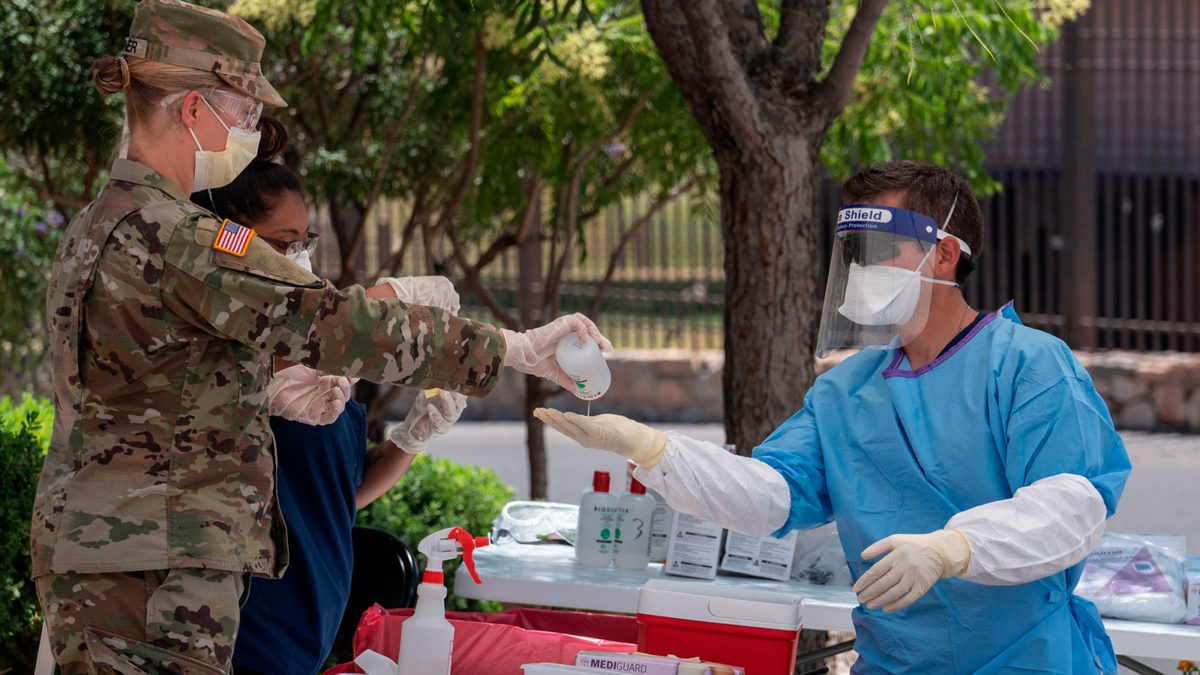The United States Health and Human Services Department said Monday it is delivering $11 billion in new funding to states and territories to help them test people for coronavirus.
Most of the money will be distributed by the Centers for Disease Control and Prevention (CDC), while the Indian Health Service (IHS) will allocate $750 million to IHS, tribal, and urban Indian health programs. The money comes out of the $484 billion coronavirus relief bill.
“This funding from the Paycheck Protection Program and Health Care Enhancement Act will provide critical support to develop, purchase, administer, process, and analyze COVID-19 tests, conduct surveillance, trace contacts, and related activities,” HHS said in a statement.
“These funds, along with the previous funding support CDC and IHS provided, will help states, tribes, and territories with their efforts to re-open America.”
HHS said each governor would submit plans for Covid-19 testing. It’s been promising details of how the $11 billion would be split for a week.
“Readily accessible testing is a critical component of a four-pronged public health strategy – including rigorous contact tracing, isolation of confirmed cases, and quarantine. As communities move toward a blended mitigation and containment strategy, I encourage all Americans to continue to embrace powerful public health measures – social distancing, hand washing and face coverings,” CDC director Dr. Robert Redfield said in a statement.
The background: The US has struggled with testing capacity, in part because the first test created by the CDC didn’t work.
According to data collated by Johns Hopkins University, the US has conducted more than 11.8 million coronavirus tests.


